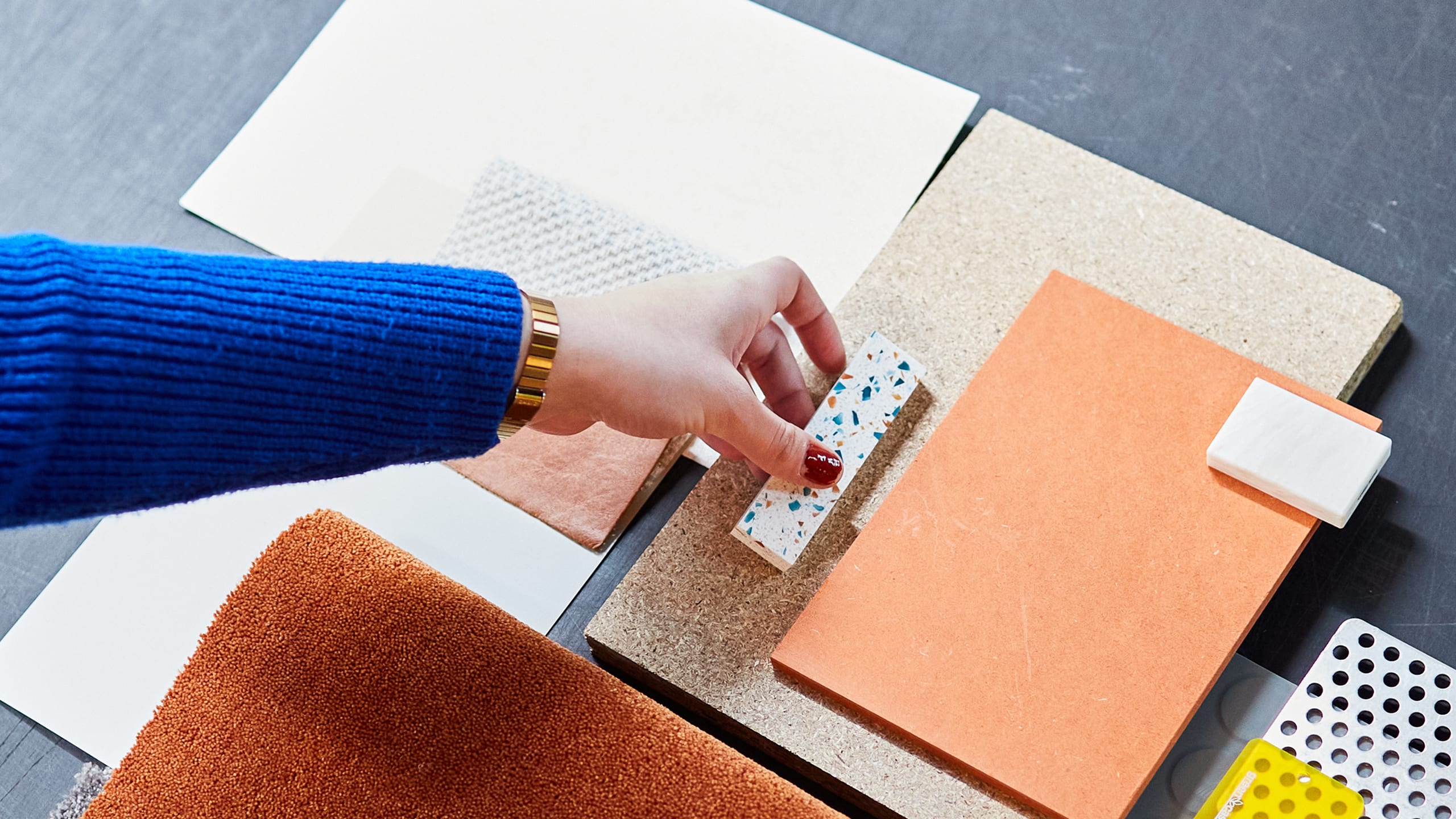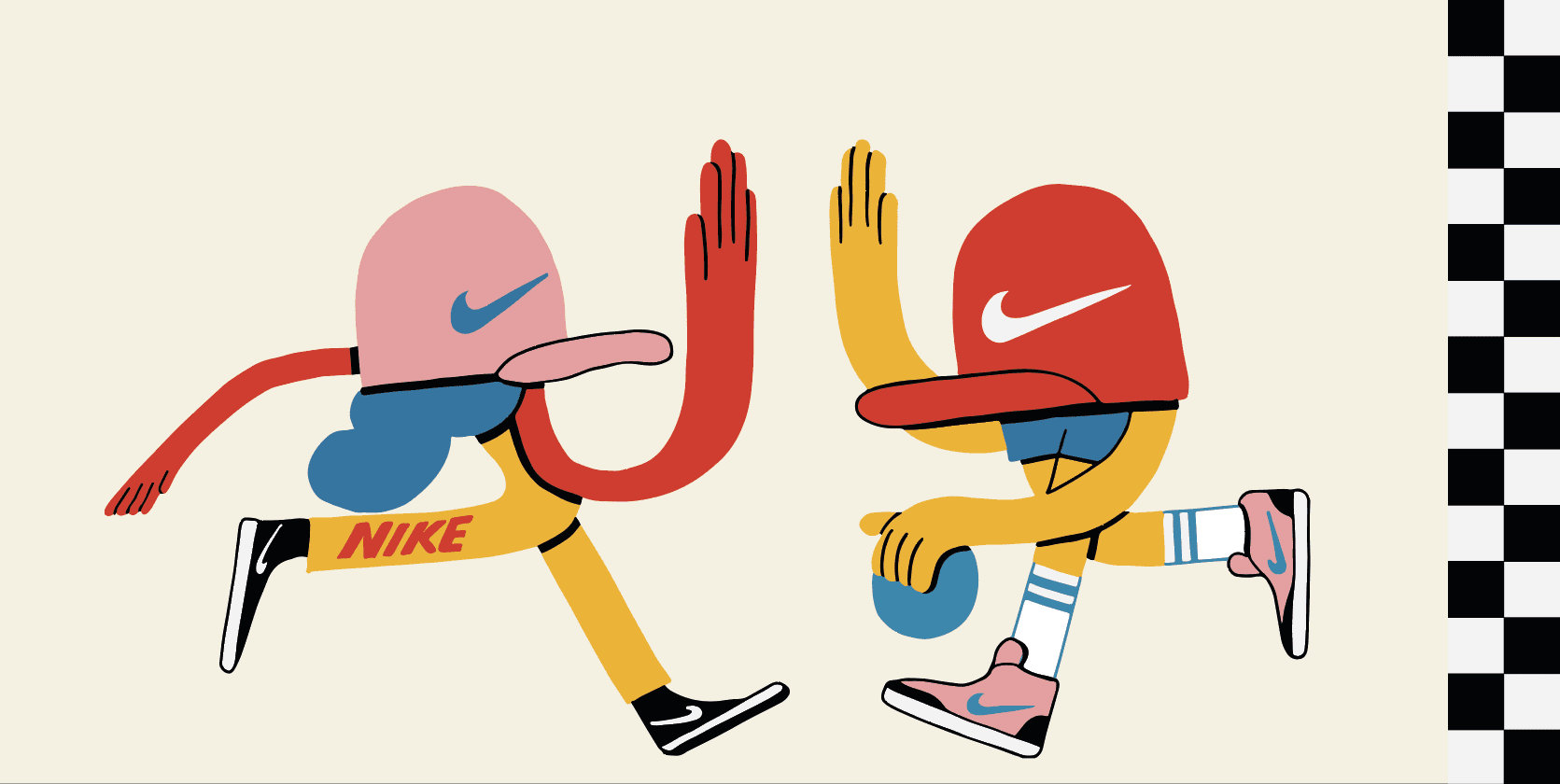Trends
Is counting sheep the new ultimate in wellness?
Megan Hotson
03/02/23
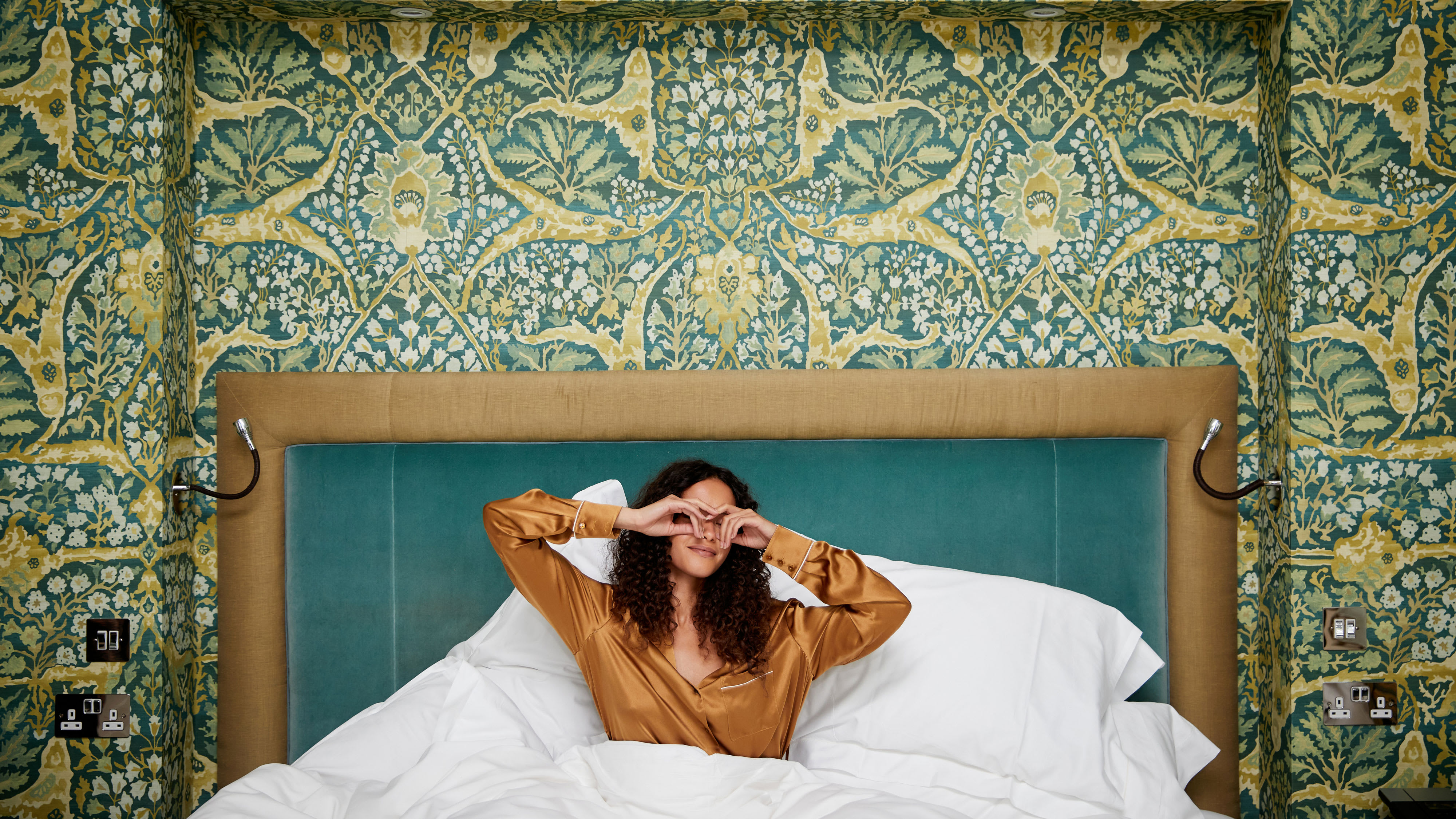
Craving a good night’s sleep?
In the last two years – society has slowed down in response to a global crisis, and many of the shifts in lifestyle patterns have endured past this time of uncertainty.
Kipping, snoozing, dozing, napping – whatever you might call it: the act of sleeping, is now at the forefront of public interest.
Moving away from ‘grind culture’ – people are enjoying more time at home, more flexibility at work, and are investing more time in their wellbeing.
The emergence of sleep leisure and sleep tourism are part of a wider wellness economy, and are key indicators toward the growing interest, and importance of sleep as we enter an era where people are increasingly turning inward for reflection and relaxation.
Sleep Leisure
Sleeping has long been compromised for long working days, late nights socialising, or for endless scrolling on our phones.
However – a clear shift is taking place and sleep is no longer being seen as a means to an end, but an essential activity to maintain our general physical and mental health.
Enter: Sleep leisure, or ‘the active pursuit of products, services, and activities that support an individual participating in sleep, or the routines that lead to sleep as a pastime activity’. 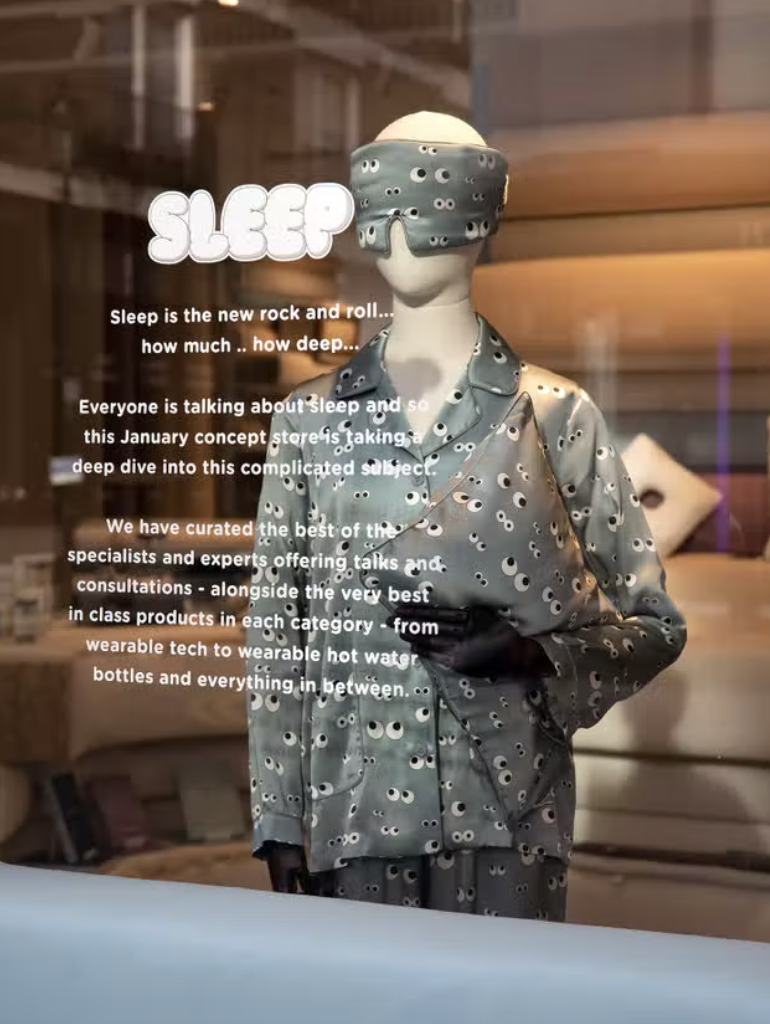
This trend is already actioned on our high-streets. For example, Anya Hindmarch’s sleep centred pop-up ‘Anya’zzz’.
Describing her reasoning for opening this concept space, Anya explained: “sleep is the new rock and roll, everyone is talking about it.”
Inside the pop-up, you can expect to browse her sleep capsule collection, and listen to a host of sleep-focused talks and workshops. Anya hopes the attention and education given to sleep in this space will de-mystify some more complicated elements of sleeping – from REM, to circadian rhythms.
Last July, Selfridges also explored the importance of sleep in their Sex and Sleep corner shop. Featuring tech and sleep-enhancing devices or supplements, alongside ‘Cinema sleep sessions’ that allowed visitors a chance to have a power nap with guided meditations.
We can expect feel good brandscapes and wellness flagships or pop-ups to continue appearing, as brands want to align with consumers on the hunt for a good old kip.
Sleep Tourism
Sleeping is not just been prioritised at home as part of a daily routine, but also as part of a holiday routine, or activity.
Hotels are capitalising on a desire from consumers for experiences that allow them to fully switch off from normal life and reach a truly restful state.
Technological innovations have allowed hospitality brands to provide truly unique, and immersive spaces or experiences transforming into restorative facilities.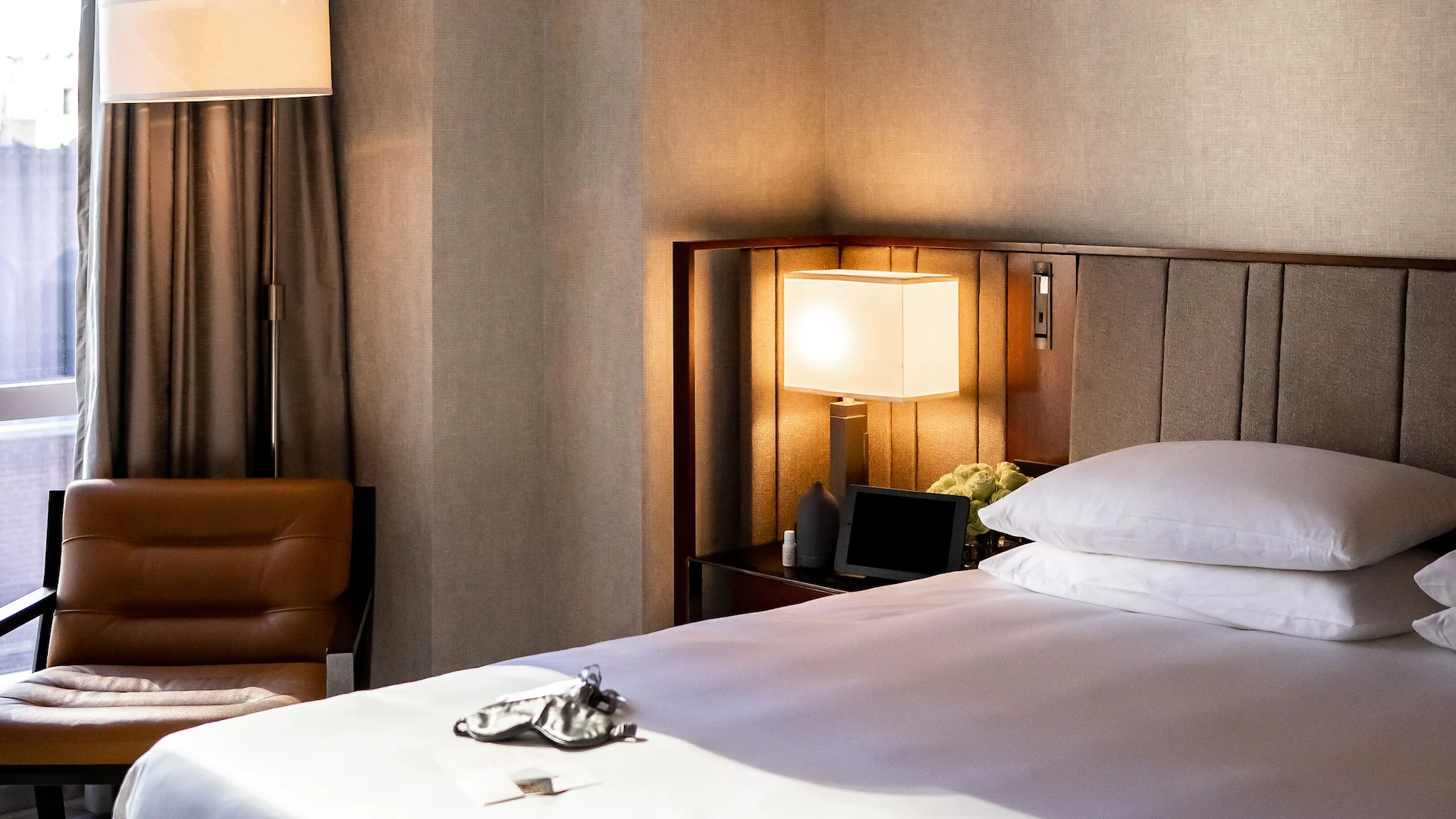
The Hyatt hotel group is re-writing the narrative in New York – the city that never sleeps. Just across the block from Central Park, this hotelier has opened six “sleep suites” within their Park Hyatt Hotel.
Designed in stark contrast to the hustle and bustle surrounding the hotel, the Hyatt wants to encourage tourists to engage with their new wellness program, spa and equipment in their rooms which maximise a restful night’s sleep.
In their six suites, there are AI developed mattresses, which have as many as 90 intelligent cushions that sense, react and respond to relieve the body’s multiple pressure points. It is also able to control the climate, and records your sleep, providing statistics allowing guests to respond for a better sleep.
Key Takeaways:
– The Wellness boom is not a new phenomenon – but sleep is a growing part of this wider economy, and brands must look to ways they can adapt or tailor their products or services to accommodate a desire to slow down and prioritise their wellbeing through sleep.
– Post pandemic, tourism has seen a surge in interest as people look to escape their lockdown locations, or communities. With a return to normality, people are still looking to scratch an itch to travel but in in the context of a cost-of-living crisis consumers are less willing to invest. Approaching holidays as a chance to take agency of one’s health, gives hospitality brands a new opportunity to encourage consumers to invest in some much-needed time away.
